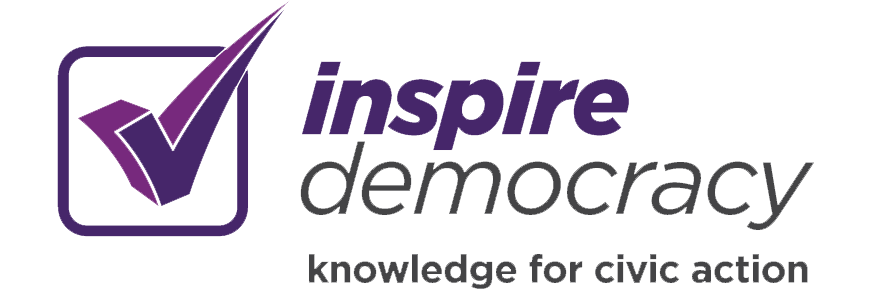
Elections Canada (EC) maintains a network of contracted and non-contracted organizations that work with various key communities who face barriers to electoral participation. This gives us the tools and feedback we need to help reduce barriers to working at, running as a candidate, registering, and voting in a federal election. These communities include, among others:
Close to 900 strong, our non-contracted network supports the Inspire Democracy program by:
In addition, our more than 40 contracted stakeholders go even further by:
Yes! Anybody can join the network. We work with organizations and community leaders across Canada. Together, we make it easier to take part in elections by reducing barriers and sharing information. Staying informed and interested in the electoral process is a great form of civic engagement.
On the contractor side, we use the feedback obtained before, during and after a general election to evaluate our process and outreach needs for the next election. To support our outreach initiatives, we reach out to the members of our network that fit the following characteristics:
Many organizations and community leaders in our network have said that working with us has helped them build their own network, helped them reduce barriers to participating in the electoral process and that they will continue working with us in the future.
Would you like to be one of them? Connect with us.
How they help: They have created and revised Democracy Talks, which is a set of practical tools and resources that can be used to foster a more inclusive democracy. They have also created Vote PopUp, which is a toolkit for first-time and infrequent voters that can be used to become familiar with the voting process.
We were partners in organizing the Canadian Vote Summit 2023 and the Canadian Vote Summit 2024.